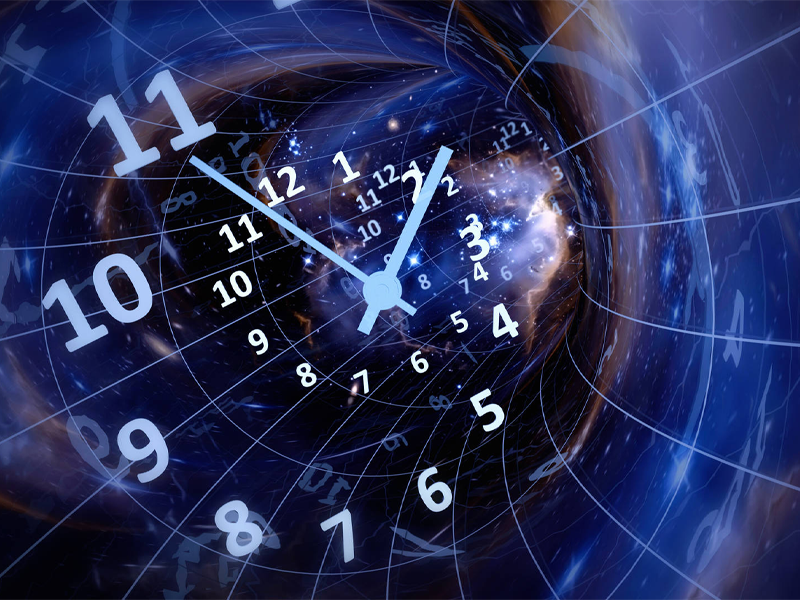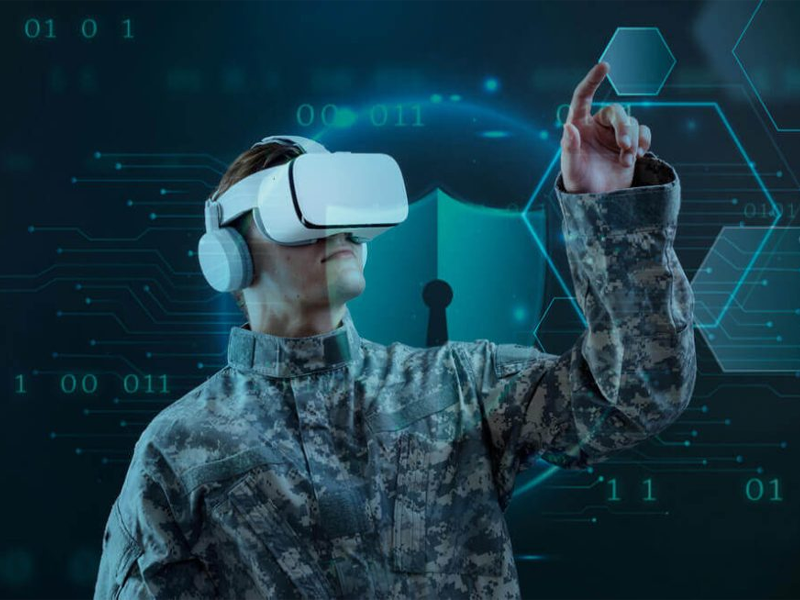The concept of moving through time has fascinated scientists, philosophers, and dreamers alike for centuries. While time travel is a popular subject in science fiction, its feasibility has been a serious topic of discussion in the realm of physics. What does moving through time mean from a scientific perspective, and how close are we to understanding its possibilities? This blog explores the intriguing physics behind the idea of moving through time and the theories that make it an influential field of study.
The Basics of Time in Physics
Before diving into the specifics of moving through time, it’s essential to understand how physics views time itself. In classical physics, time is considered a constant and linear dimension, moving forward at a steady pace. However, Einstein’s theory of relativity revolutionized this concept by suggesting that time is relative and can be affected by speed and gravity. According to relativity, the faster you travel or the stronger the gravitational field you experience, the more your perception of time can change.
Time Dilation and the Relativity Theory
One of the most significant implications of relativity is time dilation. This phenomenon describes how time can slow down or speed up, relying on the comparable rate between observers. In essence, the faster you travel, the slower time moves for you compared to someone stationary. This concept is a key aspect of moving through time, according to Einstein’s special relativity. For instance, astronauts traveling at near-light speeds would age more slowly than people on Earth, theoretically making moving through time a reality for them.
Einstein’s general theory of relativity adds another layer to this concept by considering gravity’s effect on time. Strong gravitational fields, such as those near black holes, can warp time, causing it to move more slowly. This aspect of relativity also supports the idea that moving through time could be influenced by gravitational forces.
Wormholes
Another fascinating concept related to moving through time is the idea of wormholes. Wormholes are hypothetical passages through spacetime that could create shortcuts between distant points in the universe. If such structures exist, they might allow for faster-than-light travel, theoretically enabling moving through time as well. The idea is that if we could traverse a wormhole, we might reach distant points in time as well as space.
However, wormholes remain purely theoretical and pose significant challenges. To stabilize a wormhole, exotic matter with negative energy density would be required, a substance that has not been observed. Therefore, while wormholes offer an exciting possibility for moving through time, they remain speculative at this stage.
The Grandfather Paradox and Time Travel Paradoxes
When discussing moving through time, it’s impossible to ignore the paradoxes that arise. One of the most famous is the grandfather paradox, which questions what happens if you travel back in time and change events that affect your existence. For example, if you were to prevent your grandfather from meeting your grandmother, it would create a paradox where your existence is in question. This paradox illustrates the complex nature of moving through time and the potential contradictions that could arise from altering past events.
Physicists have proposed various solutions to such paradoxes, including the idea of parallel universes or alternate timelines. According to these theories, any changes made in the past could create a new, separate timeline rather than altering the existing one. This concept aims to resolve the logical inconsistencies of moving through time but remains a subject of ongoing debate.
Quantum Mechanics and Time
Quantum mechanics introduces another layer of complexity to time travel. The field deals with particles at the smallest scales and their interactions, including phenomena like entanglement and superposition. Some variations of quantum mechanics recommend that time might not be as linear as our everyday experience suggests. Concepts such as the multiverse theory propose that different timelines and alternate realities could coexist, adding depth to our understanding of it.
Current Research and Future Possibilities
As our knowledge of physics continues to grow, it remains a compelling area of study. While current research does not offer practical methods for time travel, the exploration of advanced theories and technologies keeps the possibility alive. Future discoveries in quantum physics, general relativity, and even experimental technologies may provide new insights into how time travel might become a reality.
Conclusion
The idea of moving through time challenges our understanding of reality and invites us to ponder the limits of physics. From the effects of relativity and time dilation to the speculative concepts of wormholes and quantum mechanics, the science of time travel is as intriguing as it is complex. While we are still far from achieving practical time travel, the ongoing exploration of these concepts continues to inspire and captivate.





